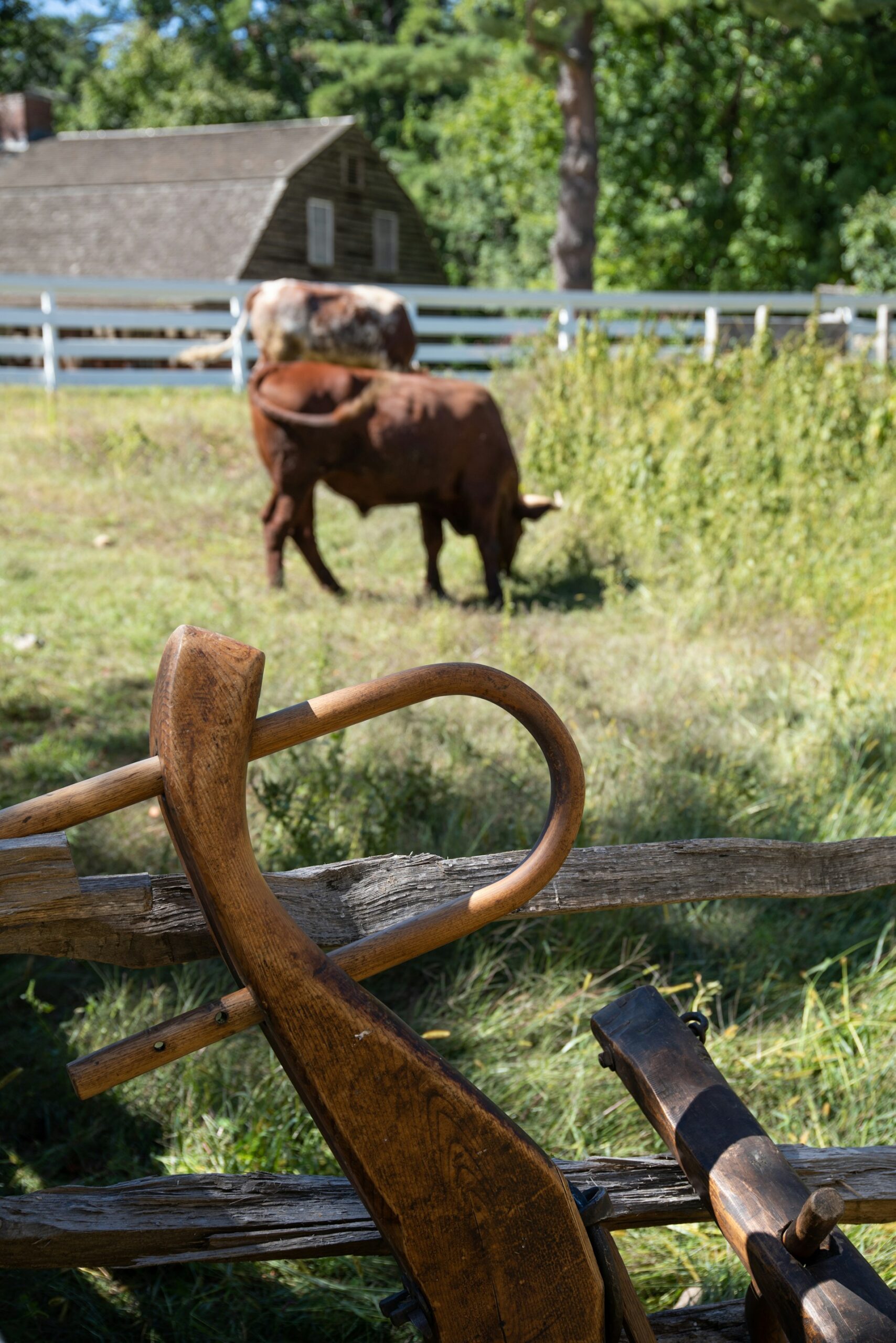Throughout the Gospels we find many accounts of the Lord Jesus interacting with the Pharisees. These legalistic Jews were very righteous outwardly, but their righteousness didn’t spring from the heart. Furthermore, they were so concerned with the letter of the law that they frequently missed the spirit of the law. This comes to a head at the beginning of Matthew 12 concerning the Sabbath. The Sabbath was a gift from God to supply humankind with rest, but the Pharisees used it to as a bludgeon. It wasn’t a gift; it was a weapon.
One day, the disciples ate on the Sabbath and thus the Pharisees had issue. Jesus points out how the sacred bread from the tabernacle was technically misused in David’s day in order to feed the hungry (12:3-4) and likewise even the Pharisees would be willing to rescue one of their sheep on the Sabbath (12:11-12). Jesus makes two powerful points in these interactions. First, something greater than the temple was present (12:6). Second, it’s lawful to do good on the Sabbath (12:12). Later on in this passage we find that Jesus is also greater than Jonah and greater than Solomon. As such, the Ninevites who repented at Jonah’s preaching would condemn the present Jews for their unbelief (12:41) and the queen of the south who came to hear Solomon’s wisdom would likewise condemn them (12:42). Jesus was greater than any who came before and any who would come after! If anyone was to be believed and followed it was Him. For crying out loud, He is the eternal God in human flesh! He knew the law better than any Pharisee because He coauthored it with the Father! He knew the Sabbath better than any because He was there on that first day of rest and partook of it! This is One they were criticizing!
What is perhaps most interesting, though, is contrasting these religious leaders, the Lord Jesus was gentle. It was prophesied of Him in Isaiah, “a bruised reed he will not break, and a smoldering wick he will not quench, until he brings justice to victory; and in his name the Gentiles will hope” (Matt. 12:20-21; ref. Is. 42:1-3). He was, “gentle and lowly of heart” and his yoke (a wooden device that allowed animals to plow or pull in tandem) isn’t burdensome, but rather easy, and his burden is light (Matt. 11:29-30).
Throughout the ages, Christians have accumulated their traditions. Some can be so incredibly legalistic they even put expectations on others that the Scripture doesn’t! They state that believers ought to look, dress, or act in a certain way. In a sense they take good admonitions from Scripture like, “You shall be holy, for I am holy” (1 Pet. 1:16; Lev. 11:44) and apply their own rules that define what holy looks like. They use the rulebook like the Pharisees as a weapon to attack others and justify their own self-righteousness. They’ve completed missed that all obedience to God must spring from the heart. It has to be an inward desire more than merely an outward conformity. Personal holiness is good, but we have to be incredibly careful about how we require it for others.
They also miss that the Lord Jesus wasn’t like this. He was gentle. He was kind. He essentially “took it easy” on almost everyone except the self-righteous, religious crowd! He called to repentance, but He did so as a matter of the heart. He didn’t want people just following rote tradition because that’s what others told them to do. He pointed out so clearly that the outward goodness of a tree and its fruit springs from what the tree is internally (see Matt. 12:33-35).
If anyone had a justifiable reason to throw the book at someone it would’ve been Jesus! He was the only One who ever got it right, 100 percent of the time. He was perfect not only outwardly, but inwardly! Yet, He didn’t abuse this position to beat upon the weak. He didn’t see a smoldering wick and stamp it out. He didn’t see a bruised reed and decide to finish the job and break it. He loved the hurting and was compassionate. In this, truly the Gentiles could hope (12:21).
Let us then, seek to follow in the footsteps of our Lord, rather than the Pharisees, and deal gently and kindly with others. This doesn’t mean we can’t call people to repentance, Jesus still did that, but He didn’t use every opportunity to throw the book at others to belittle them and make Himself look good. We ought to be incredibly careful about the rules, regulations, standards, or whatever we might call it that we add to the Scripture, sometimes without realizing it. If the Lord Jesus was kind, if His yoke was easy and His burden light, then let’s not make the yoke hard and the burden heavy.


Leave a Reply